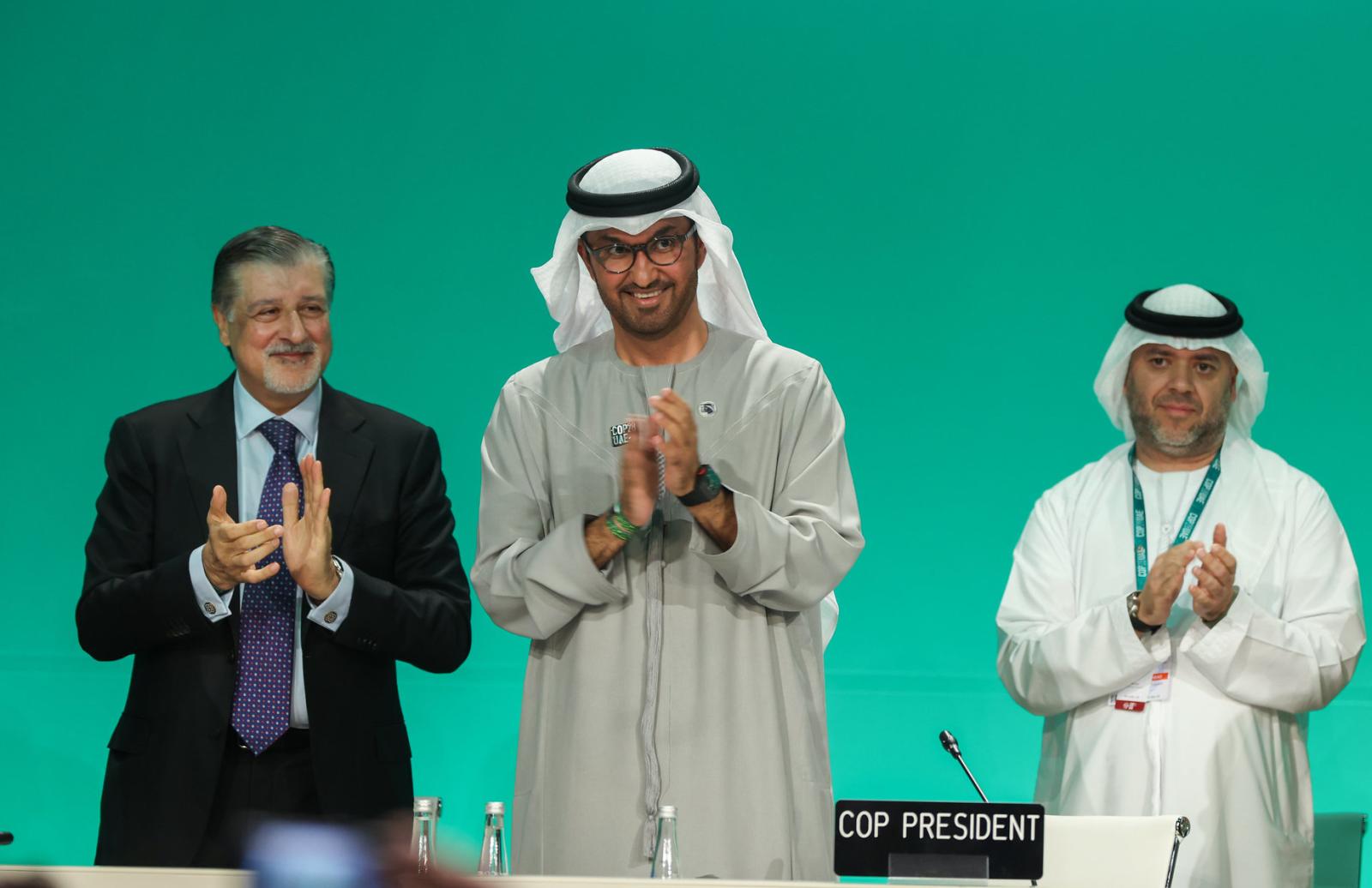Here is a proposal for a new interdisciplinary didactical experience.
- For quite a long time, research has been
involved in an increasing process of strict specialization along which
discussions have happened almost only among the researchers working in the same
area, and inter-disciplinarity is yet a kind of wishful thinking. Philosophy
is, in some sense, very far from what has ben developed in Computer Science,
and Logic is mainly dealing with the study of deductive processes scarcely in
touch with the way in which we concretely reason, with Everyday Reasoning.
Deduction, essential in the formal contexts of proof, only appears in approximatelly the 17% of the human reasoning which machines presently try to mimick. In addition there is the presence of many imprecise terms which are sensitive to context and purpose, for whose management the symbolism of boolean algebras is not totally useful. Partly, this is due by the big amount of laws they satisfy.
There are, at least, three differences that appear when the statements are not directly representable in a boolean algebra. The first of them is the failure of the (typically boolean) equivalence between incompatibility and contradiction; the second has to do with the fact that, what really matters in natural language are the antonyms or opposites and not the boolean negation; and the third has to do with the observation that, when time plays a role, the commutativity of the logical conjunction 'and' is more than doubtful. Finally, in Everyday Reasoning, the lack of monotonicity of the operators driving from the available information to conclusions, marks a crucial difference with the Tarki's concept of consequence.
There are, then, still many interesting questions to be investigated also in fields apparently settled. In the factory of research there is not only what is written in published papers or books, but also what is not yet written and is still in the brains of the researchers, and can only be captured through conversations. - For all these (and many others) reasons, it is interesting to discuss jointly two subjects that can shed some light on these questions, Quantum and Fuzzy Logics: the first dealing with technical statements on the subatomic world, and the second with the representation of linguistic imprecise terms, models of inference with them, and their technological application to several types of dynamic systems. Such a discussion is planned as a new didactic experience offered by a group of panelists with expertise in Quantum Logic, Fuzzy Logic, and on the philosophical reflection on both fields, jointly with an audience potentially interested on the subjects under discussion. In short, moving from a private level of conversation to a public one, although with a number of attendants making the discussions possible.
- There are, of course, other possible and
interesting subjects for such conversations. Anyway, since the idea came from
researchers in the three before mentioned areas, and the EUROPEAN CENTRE FOR
SOFT COMPUTING took the responsibility of organizing the first edition, it is
not strange that it will deal with aspects concerning the interaction between
Everyday Reasoning, Fuzzy Logic, Quantum Logic, and the Philosophy of Science
and Technology. Analogously, it cannot be surprising that graduate students and
postdoc researchers are encouraged to join the event with the aim of having an
audience composed by a balanced mixture of junior and senior researchers.
The first edition of this event, called SATURDAY's SCIENTIFIC CONVERSATIONS' (SCC), will be held in the city of GIJÓN (Asturias, North of Spain), and thanks to the support of the FOUNDATION FOR THE ADVANCEMENT OF SOFT COMPUTING and the Savings Bank CAJASTUR. The event, whose detailed program is here, will intensively take place in a Saturday to interfere as less as possible wilt the weekly duties of the attendants.
A nice and good success of the event will be obtained if, after it, some of the attendants keep interest enough on the discussed topics to do his/her own research on them. - To finish, let me say that when I discussed the SSC's idea with my good and old friend Professor Settimo Termini, he told me the analogy with something that has been done for many years by the Italian Association NUOVA CIVILTÀ DELLE MACHINE in FORLI’, but with an important difference. This difference is that these conversations had always been without a public audience. Later on, after improving my first idea with Settimo Termini and also with Rudolf Seising and Gianpiero Cattaneo, Settimo told me 'Go ahead, what lacked in the Italian experience were juniors, young people. It could be a very interesting inter-disciplinary experience with a non-passive audience'.
A second edition of the SSC is currently being planned in the South of Italy for 2011.
Would it all run well!


